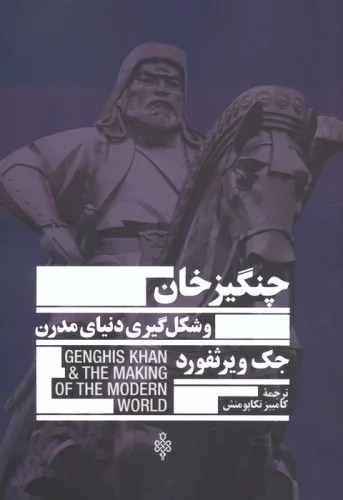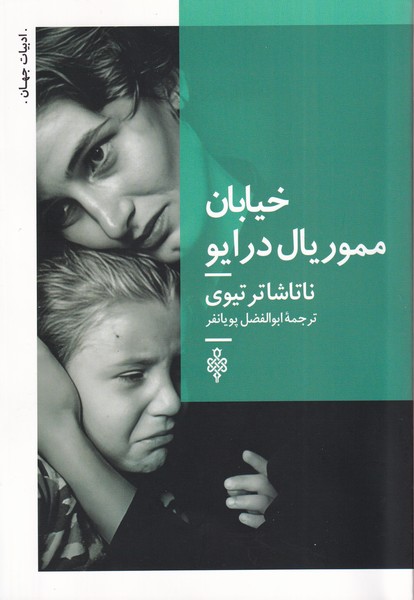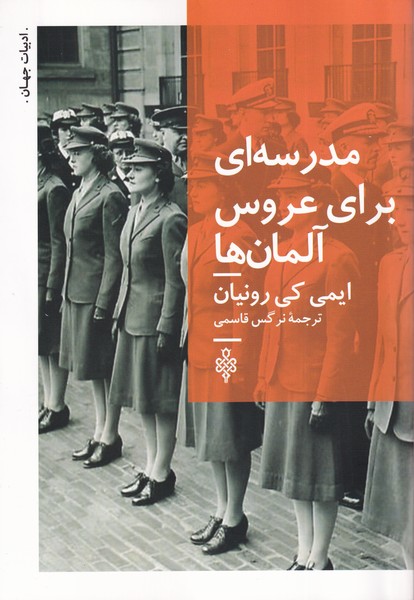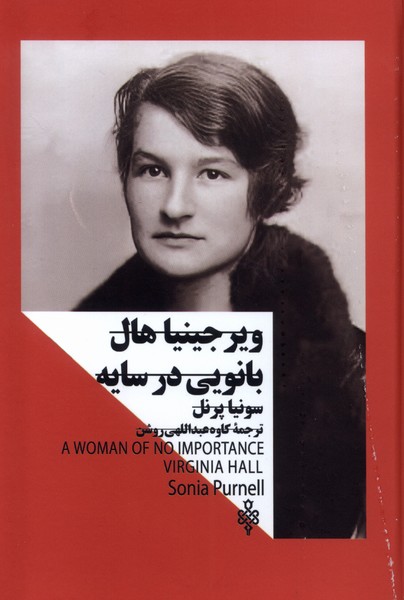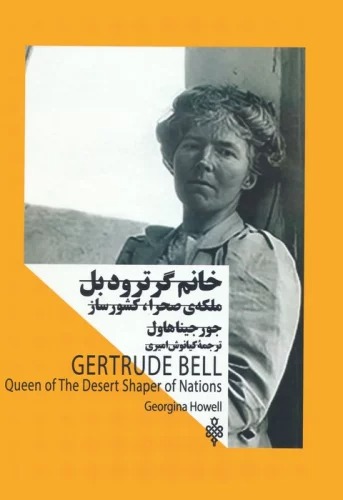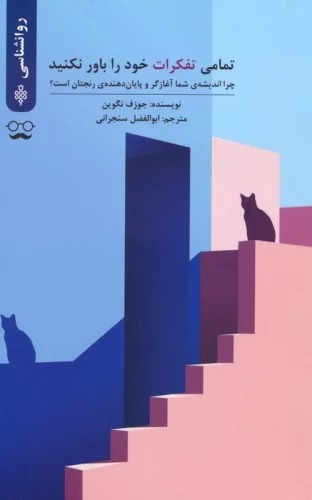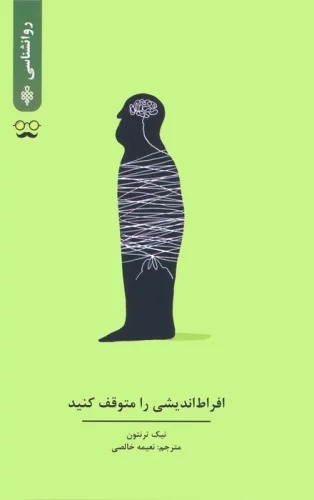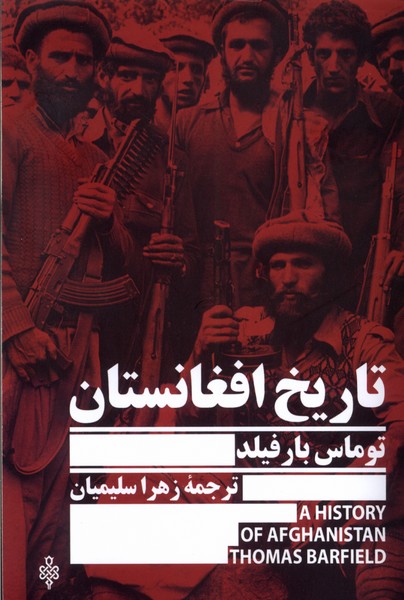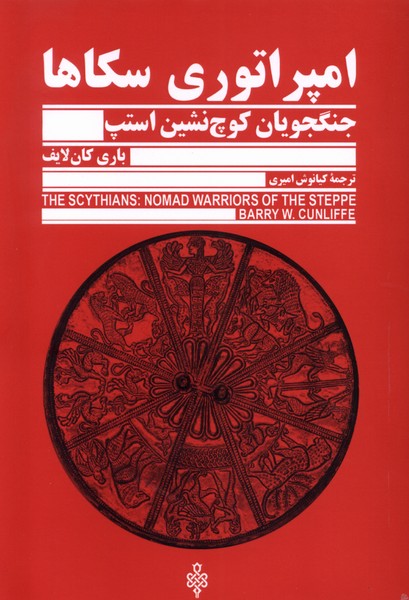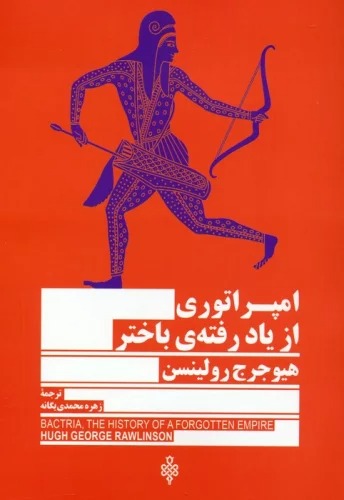چنگیزخان و شکل گیری دنیای مدرن الفارسية 1402
Changīz'khān va Shikl'gīrī-yi Dunyā-yi Mudirn
17٫43 $
مشاركة
Wishlist
العنوان الأصلي:
Genghis Khan and the Making of the Modern World
ISBN رقم:
9786004681391
المترجم:
Kāmbīz Takāpūmanish
الناشر:
Jumhuri
الفئة العمرية:
البالغون
الصفحات:
352
الوزن:
336 g
أبعاد المنتج:
14 x 21 x 3٫2 cm
غلاف الكتاب:
غلاف ورقی
The name Genghis Khan often conjures the image of a relentless, bloodthirsty barbarian on horseback leading a ruthless band of nomadic warriors in the looting of the civilized world. But the surprising truth is that Genghis Khan was a visionary leader whose conquests joined backward Europe with the flourishing cultures of Asia to trigger a global awakening, an unprecedented explosion of technologies, trade, and ideas. In Genghis Khan and the Making of the Modern World, Jack Weatherford, the only Western scholar ever to be allowed into the Mongols’ “Great Taboo”—Genghis Khan’s homeland and forbidden burial site—tracks the astonishing story of Genghis Khan and his descendants and their conquest and transformation of the world.
Fighting his way to power on the remote steppes of Mongolia, Genghis Khan developed revolutionary military strategies and weaponry that emphasized rapid attack and siege warfare, which he then brilliantly used to overwhelm opposing armies in Asia, break the back of the Islamic world, and render the armored knights of Europe obsolete. Under Genghis Khan, the Mongol army never numbered more than 100,000 warriors, yet it subjugated more lands and people in twenty-five years than the Romans conquered in four hundred. With an empire that stretched from Siberia to India, from Vietnam to Hungary, and from Korea to the Balkans, the Mongols dramatically redrew the map of the globe, connecting disparate kingdoms into a new world order.
But contrary to popular wisdom, Weatherford reveals that the Mongols were not just masters of conquest, but possessed a genius for progressive and benevolent rule. On every level and from any perspective, the scale and scope
of Genghis Khan’s accomplishments challenge the limits of imagination. Genghis Khan was an innovative leader, the first ruler in many conquered countries to put the power of law above his power, encourage religious freedom, create public schools, grant diplomatic immunity, abolish torture, and institute free trade. The trade routes he created became lucrative pathways for commerce, but also for ideas, technologies, and expertise that transformed the way people lived. The Mongols introduced the first international paper currency and postal system and developed and spread revolutionary technologies like printing, the cannon, the compass, and the abacus. They took local foods and products like lemons, carrots, noodles, tea, rugs, playing cards, and pants and turned them into staples of life around the world. The Mongols were the architects of a new way of life at a pivotal time in history.
In Genghis Khan and the Making of the Modern World, Jack Weatherford resurrects the true history of Genghis Khan, from the story of his relentless rise through Mongol tribal culture to the waging of his devastatingly successful wars and the explosion of civilization that the Mongol Empire unleashed. This dazzling work of revisionist history doesn’t just paint an unprecedented portrait of a great leader and his legacy but challenges us to reconsider how the modern world was made.
more
همواره در تاریخ، خوانده یا شنیدهایم که چنگیزخان و قوم مغول، غارتگر و خونریز بودند و سراسر ویرانی و مصیبت به بار آوردند اما لازم است زندگی و دستاوردهای چنگیز خان را بار دیگر با نگاهی دیگر بخوانیم. اگر چنگیز خان را چهرهی خونریز تاریخ میشناسید، باید «چنگیز خان و شکلگیری دنیای مدرن» را بخوانید تا نظرتان درمورد او تغییر کند.
این کتاب را جک مکآیور ودرفورد، تاریخپژوه امریکایی، و استاد سابق مردمشناسی کالج مکالستر در مینهسوتا نوشته و کامبیز تکاپومنش، آن را ترجمه کرده است. ودرفورد، در این کتاب، چنگیز خان را بهعنوان عامل پدیدآمدن بسیاری از زیرساختهای اجتماعی، اقتصادی، علمی و... در جهان و سبب دگرگونی مسیر تاریخ معرفی میکند.
تواناییهای گسترده و نبوغ ویژهای که رهبر مغولها داشت، سبب ایجاد یک نظم نوین جهانی و گسترش قانونمندی در جهان شد. چنگیز خان قانون را بر رأی و نظر خود ارجح میدانست. ودرفورد با استناد بر منابع و شواهد تاریخی، نشان میدهد که حکومت مغولها چگونه مرزهای خلاقیت، علم و دانش، فناوری، و آزادی بیان و اندیشه را جابهجا کرده بود.
تموچین، یا همان چنگیز خان، اولین امپراتوری مغول بود که بین سالهای ۱۱۵۵ تا ۱۱۶۷ میلادی متولد شد. او بزرگترین فرزند یسوکای بهادر، رئیس مغول طایفه بورجیگین، و هوئلون، زنی از اولخونودها، بود.
چنگیز خان تا هنگام مرگش، حدود ۲۰ سال بر امپراتوری مغول حکومت کرد و بخش اعظم عمر خود را به متحدسازی قبایل مغول گذراند، پس از آن مجموعهای از لشکرکشیهایی را به راه انداخت و بر بخشهای وسیعی از چین و آسیای مرکزی چیرگی یافت.
ارتش مغول طی بیستوپنج سال سرزمینها و مللی را تحت سلطهی خود درآورد که وسیعتر و پرجمعیتتر از فتوحات امپراتوری روم طی چهارصد سال بودند. چنگیز خان بههمراه پسران و نوادگانش پرجمعیتترین تمدنهای قرن سیزدهم میلادی را به تسخیر خود درآوردند. اگر فتوحات چنگیز خان را از جنبهی تعداد افراد شکستخورده، یا تعداد کشورهای تسخیرشده، یا وسعت سرزمینهای فتحشده ارزیابی کنیم، او در تمامی موارد بیش از دو برابر هرکدام از دیگر فاتحان تاریخ به پیروزی رسیده است.
در طول قرن سیزدهم، سوارهنظام چنگیز خان با حملات خود مرزهای جهان را تغییر داد. معماری او بهمعنای ساخت بناهای سنگی نبود، بلکه ساخت ملتها را شامل میشد.
چنگیز خان اصرار داشت قانون با حاکمان و حقیرترین چوپانان یکسان برخورد کند. او در سطح قلمروی خود آزادیهای مذهبی را برقرار کرد، اما درعینحال از پیروان تمام مذاهب در قلمرواش وفاداری مطلق طلب میکرد.
more

